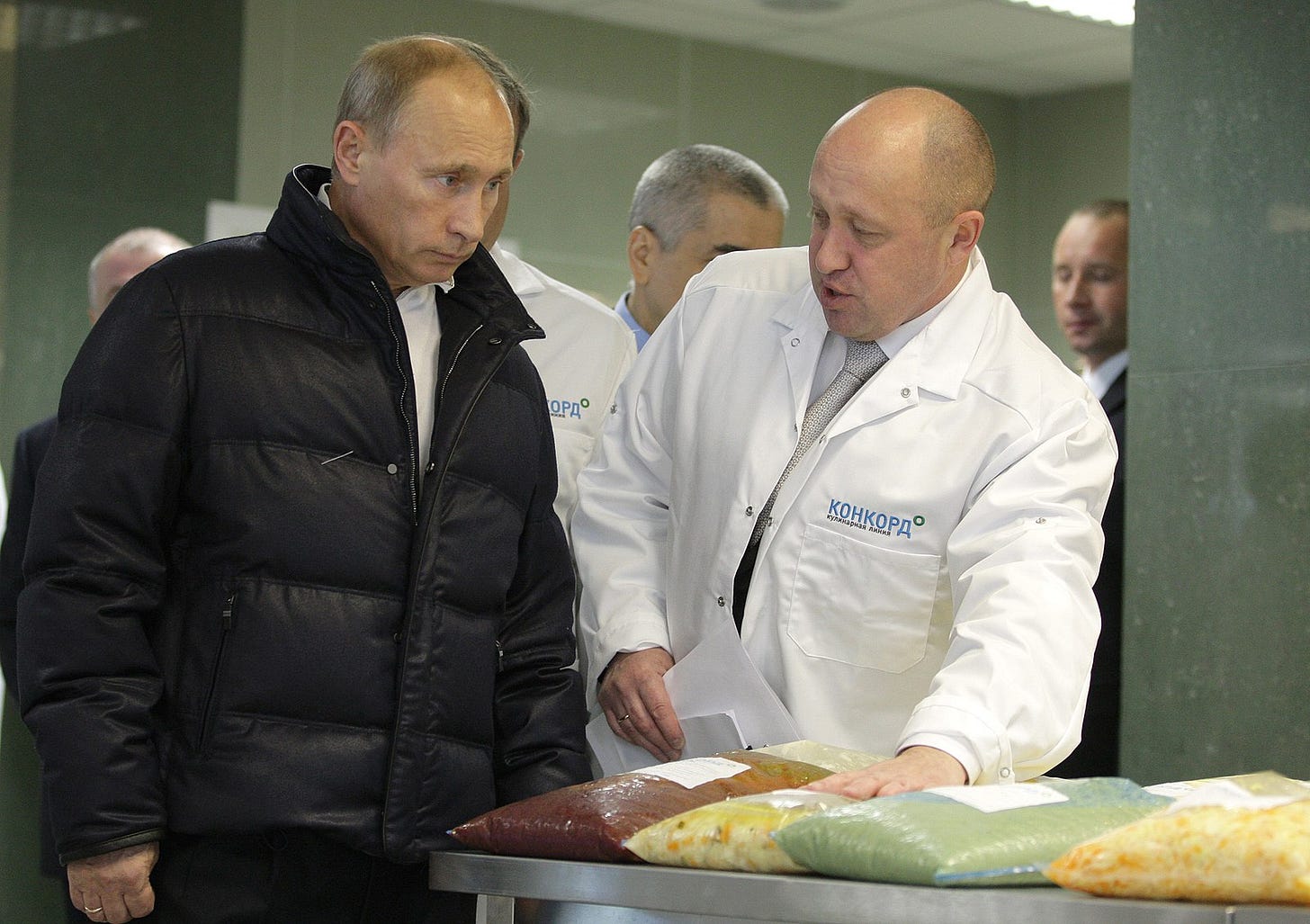How I'm following the rebellion in Russia
A quick note directing you to the live blogs I'm reading as this crisis unfolds.

At the risk of revealing myself to be a literal meme Elon Musk tweeted, I spent most of last night, until about 3 a.m., following the crisis unfolding in Russia right now. I started watching again this morning.
Keep reading with a 7-day free trial
Subscribe to FIELD NOTES from Alexander C. Kaufman to keep reading this post and get 7 days of free access to the full post archives.



